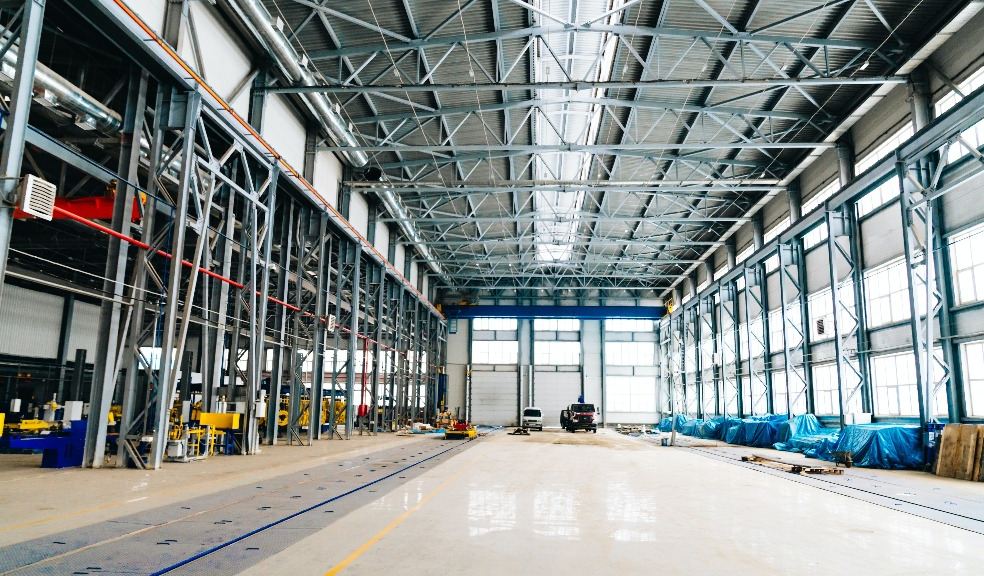
How is industrial resin flooring installed?
Epoxy resin flooring is one of the most popular choices when it comes to flooring for use in an industrial or professional setting. Warehouses and many other industrial units and settings use resin flooring all the time due to all the benefits that come with it according to Limegate Industrial Flooring.
The main benefits that come with it are that it is incredibly hard-wearing and it is really easy to maintain and clean, but when it comes to industrial settings without a doubt the main benefit is that it is non-dusting. Now if you are not familiar the main material used for warehouses or places of industry has been concrete or more specifically non-finished concrete. The issue that comes with that type of flooring is the dust that comes off of it. Concrete dust can cause all kinds of issues, such as affecting the machinery, getting into the stock and affecting that, but also the dust can get into the air which is then breathed in by the workers which can cause serious health effects.
The installation is surprisingly a relatively easy task and is actually doable by pretty much anyone who knows even just the basics when it comes to DIY. Obviously though if you want the best-finished job possible then you should really be going to a professional to get the job done.
First, the space needs to be prepared so everything that is in the room will be removed, and the floor will be thoroughly cleaned making sure there is no dust on the floor. The floor will also need to be completely smooth in regards to cracks or chips so they will need to be filled in first. The floor needs to be pretty much spotless for anything which might bond or interact with the epoxy, this includes things like grease or oil etc...
A primer will then be applied to the concrete to make sure that the surface is fully prepared for the epoxy resin. The amount of primer that will need to be used is dependent on how clean the floor is from potential interactants with the epoxy. A rough estimate will be about two coats of primer as a rule of thumb.
The next coat will be the main floor coat so this will be the main epoxy resin that is used here. The two ingredients for the mixture will be added together, these are the base and the hardener. Once the mixture is completely free of streaks and one solid colour the floor coating will be ready.
When the floor coating is being applied it is usually best that numerous people work on the application if the area is on the larger side of things. The perimeter will be applied first while the others start working out from prepared points. There are various different application methods in terms of getting the resin in place, the main one being the cross-rolling method. This is because you really want to avoid air getting trapped leading to bubbles forming. If it’s a small area then one person should be able to do the whole job themself. A second coat will most likely also be applied after 12 hours but before 48, after that, it will take a few days before it is fully dry and ready to be used.
There are a few more specifics that go into the installation of industrial resin floorings but the most important thing that you can do if you are doing it yourself is to follow the manufacturer's instructions as they will be able to keep you right.












